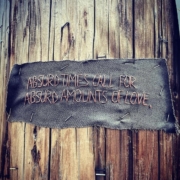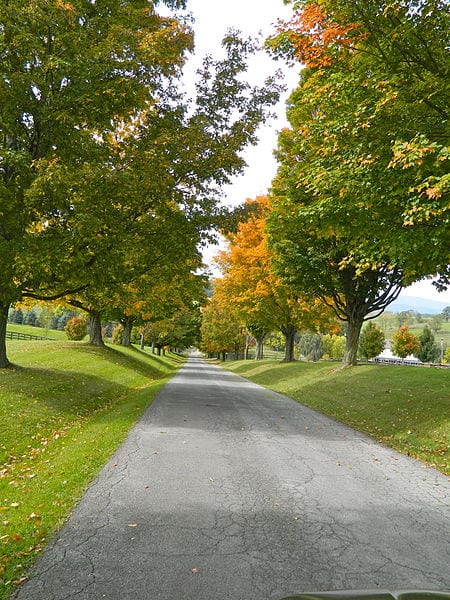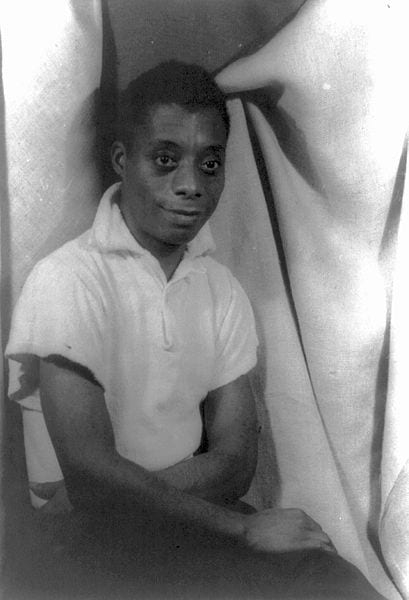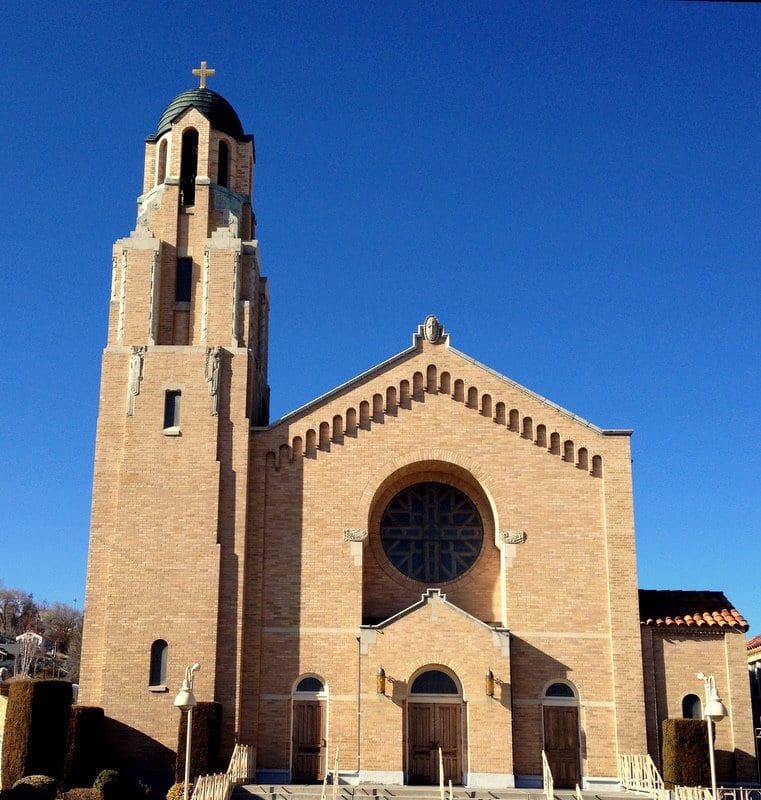
Brad Montague
I am so fortunate to be part of a group of people called the Conversation Collective. During the lockdown in 2020, the Charter for Compassion teamed up with Citizen Discourse to offer a weekly meditation and coming together of individuals from all over the world who wanted to just be together in a way that felt real and soothing and solid. I began to mark time in terms of the Thursday morning meetings and really look forward to seeing some of the same people every week and deepen my connection with them.
They have expanded the offering to twice a week and on Monday afternoon I joined the group anticipating yet another really wonderful discussion prompt and I wasn’t disappointed. Karen from Citizen Discourse asked us to take a few minutes to reflect on one or more of our most deeply held beliefs (in the style of the NPR program This I Believe) and then we broke into pairs on Zoom to share our thoughts with each other. I wasn’t going to write much, as I’ve written to this prompt before, but I pulled out a sheet of paper and thought I’d jot down a few thoughts to share with my partner. In the end, I surprised myself with what came forth:
I believe in the power of connection.
I believe in hugs as a transfer of energy and a way to show solidarity.
I believe we all know each other better than we think we do, and that when we focus our attention on love and relationship, we feel a deep resonance that is the only thing that really matters.
I believe that fear drives us apart – away from each other and ourselves.
I believe trust leads to love and that we are safe in each other’s arms.
I believe we are more a part of the natural world than we will ever know, and when we do begin to know it, we feel safer than we ever thought we could.
I was grateful to have the opportunity to speak with and listen to two extraordinary people about our beliefs, and when the group came back together, I was reminded why this is such a special place. Because we focus on relationship and what is important to us, because we listen deeply and honor each other’s perspectives, because we allow the full range of emotions and reactions – anger, frustration, laughter, tears, joy – this is a place for humanity and solidarity and friendship. I’ve met people from Canada and Cape Town, Kentucky and California and Portugal and the UK, and I have deepened my belief that we know how to be together with peace and love and joy just as much as we know how to isolate ourselves in fear and anger. I am reminded every single week that choosing peace and love and joy is a gift to myself and others, and this is one simple way to do it.
We belong to each other, whether we opt to acknowledge that or not. We are designed to be together, to share our thoughts and feelings with each other. We get energy from one another and hold each other up. So despite all of the other cultural messages we get about fear and independence and not burdening others with our struggles, the natural state of us as beings is to belong, to seek out others and find ways to collaborate and cooperate and be in community. It is there that we can begin to feel secure and in harmony with our natural rhythms. I am so grateful for this and other collectives that are holding me, that have welcomed me, because they allow me to remember that I am not alone. I am never alone.
The Conversation Collective is open to anyone who wants to join. Click the link to find out more if you’re interested.







